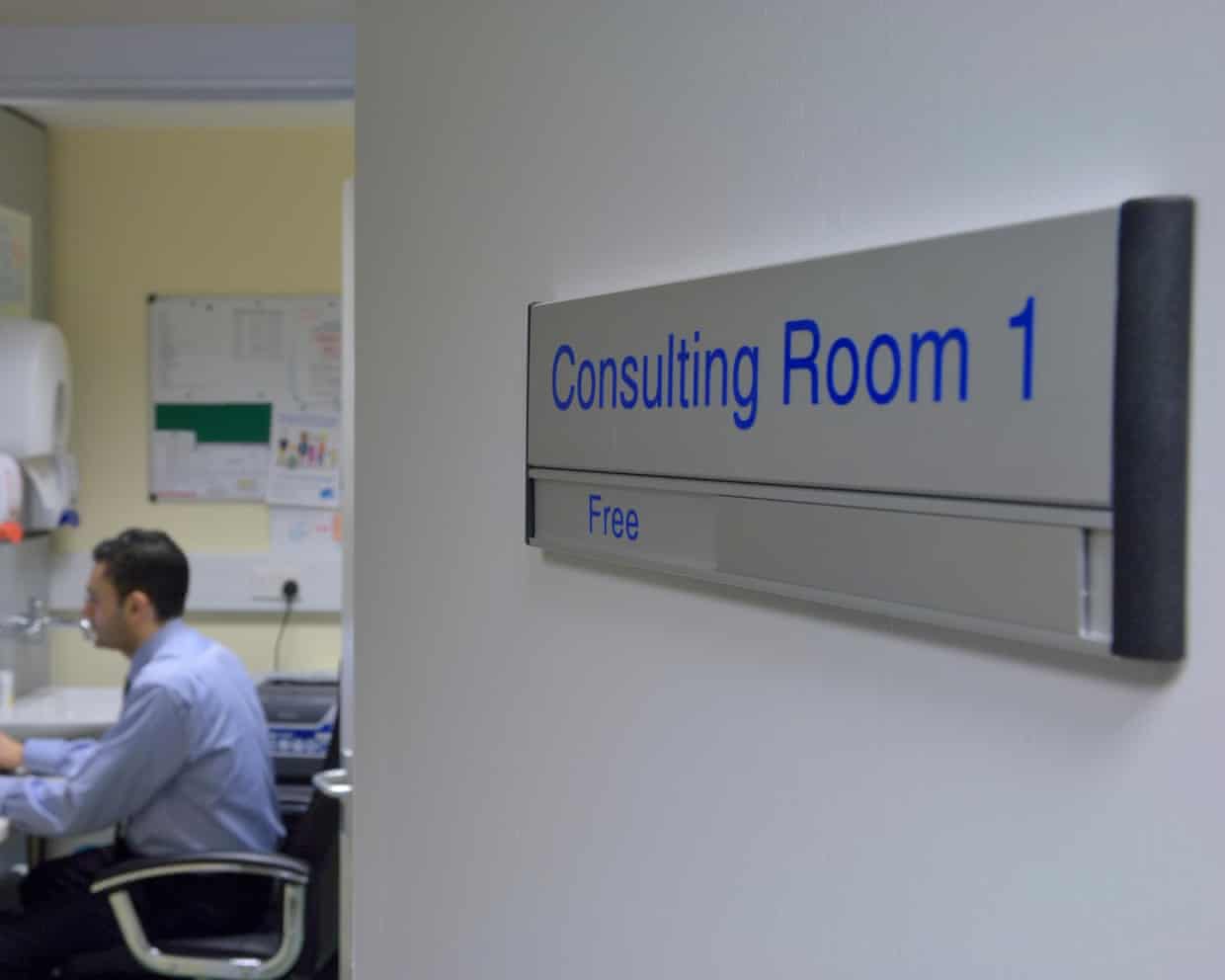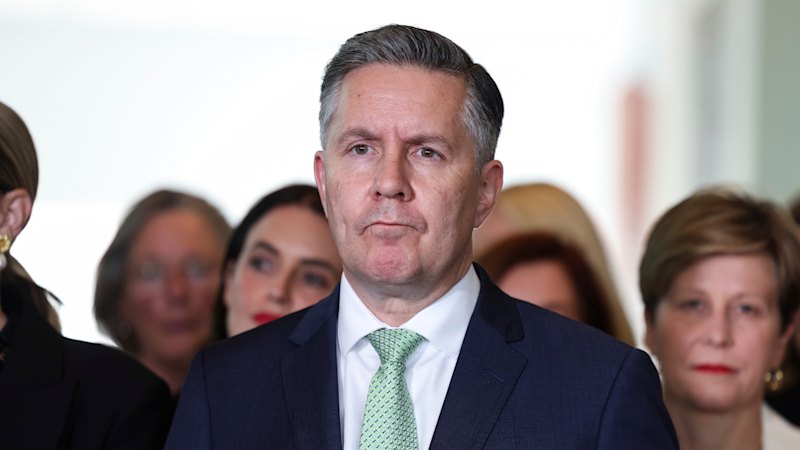
Oral health plays a crucial role in overall well-being, affecting everything from nutrition to personal relationships. Those with missing or damaged teeth often face not only physical discomfort but also significant social stigma. This article explores the implications of poor oral health and the urgent need for accessible dental care.
Understanding the Social Impact of Oral Health
The relationship between oral health and social status is profound. Individuals with visible dental issues often encounter stereotypes that can affect perceptions of their health, wealth, and intelligence. A study conducted in the United Kingdom in 2010 illustrated this point by showing participants modified photographs of the same person with varying degrees of tooth decay. Each time decayed teeth were visible, the individual was rated lower in intelligence, social skills, and self-esteem.
These stigmas can lead to bullying and long-lasting emotional scars. Recent research involving 4,476 children from the Longitudinal Study of Australian Children revealed that one in ten children experiences tooth loss due to decay or injury. These children are at a 42% increased risk of being bullied at school, which can further erode their self-esteem and deter them from seeking necessary dental care.
Barriers to Accessible Dental Care
In Australia, tooth decay and gum disease rank among the most prevalent oral health issues, affecting individuals of all ages. These conditions often escalate with age, yet access to dental care remains limited for many. The government’s Child Dental Benefits Schedule provides for children up to 17 years old whose families receive government benefits, but gaps in coverage exist for adults and many children.
The public healthcare system struggles with long waiting lists, making dental care both inaccessible and unaffordable for numerous Australians. Poor oral health not only leads to physical ailments but also disrupts everyday life. Research indicates that individuals suffering from dental pain may take more days off work or school, negatively impacting their education and career prospects.
Financial pressures compound these issues, with high out-of-pocket expenses for dental treatments. Some families resort to extracting teeth rather than seeking treatments that could preserve them. A concerning trend has emerged where people utilize their superannuation to cover dental treatments for preventable conditions, further entrenching financial disadvantage.
Proposed Solutions and the Need for Policy Change
Research by Ankur Singh and colleagues indicates that 96% of working-aged adults in Australia view oral health care as essential. Despite this consensus, significant financial barriers persist, particularly for the unemployed, low-income individuals, and those with disabilities.
Addressing these barriers is vital to ensure that dental check-ups are not perceived as luxuries. While regular dental visits are important, they alone cannot provide long-term protection against oral diseases if the underlying social conditions remain unchanged.
The stigma associated with poor oral health is deeply personal and often feels shameful. However, the responsibility for addressing this issue should not rest solely on individuals. The main contributors to oral diseases include dietary habits, alcohol use, tobacco use, and stress, all of which are more prevalent among socially disadvantaged groups.
To effectively combat tooth decay and gum disease, comprehensive policies must focus on improving access to nutritious food and reducing social disadvantage. By addressing the root causes of poor oral health, it is possible to alleviate the stigma and improve overall public health outcomes.
In conclusion, the conversation surrounding oral health must evolve, with an emphasis on accessibility, education, and social equity. Only through systemic change can we hope to remove the barriers that prevent individuals from achieving optimal oral health and the dignity it brings.







